CyberSec4Europe Insights are a series of broadcasts and webinars relating to the different topics associated with cybersecurity and the work of the project.
The next Insights webinar is Open and Agile Smart Cities: Minimal Interoperability Mechanisms, to be presented by Michael Mulquin at date and time to be determined in the near future.
About the webinar:
To be really smart, forward-looking cities expect to provide seamless, interoperable digital services to maximise the benefit to their citizens and businesses.
Open & Agile Smart Cities is working with partners to support cities and communities effectively in their digital transformation journey and to drive the implementation of OASC Minimal Interoperability Mechanisms among research and industry.
The ITU defines minimal interoperability as the minimal sufficient degree needed to meet a certain requirement for data sharing, use and reuse (ITU-T, 2019). It is an approach to establishing a set of modular mechanisms across multiple application domains and geographic territories, without having to specify everything in complete detail, and without requiring complete implementation of and compliance to the entire framework.
Minimal Interoperability Mechanisms (MIMs) are the minimal sufficient capabilities need to achieve interoperability of daya, systems and services between buyers suppliers and regulators across governance levels around the world. Because the mechanisms are based on an inclusive list of baselines and references, they take into account the different backgrounds of cities and communities and allow cities to achieve interoperability based on a minimal common ground.
About the presenter:
Michael Mulquin is OASC MIMs Ambassador. He has spent over 25 years partnering with cities, rural areas, and industry on how technology can help neighbourhoods and cities work better. For the last eight years he has been focusing on the development and implementation of smart city standards. He is chair of the IEC Smart Cities Systems Committee and is an active member of smart city standards work within ISO and JTC1. He was a member of the ITU-T Smart and Sustainable Cities Focus Group. He is co-chair of the IEC-ISO-ITU Joint Smart Cities Task Group. He is principal architect of the TM Forum’s Smart City Maturity Model and received the TM Forum Outstanding Contributor Award in 2017. He is City Standards Associate with the Connected Places Catapult – the UK Government Innovation Agency for smart transport and smart cities and is a member of the UK Government External Advisory Group on Secure Connected Communities.
Past Insights
(6) 15 September 2022: Online Services: Improving Usability And Trust
(5) 22 July 2021: Introducing Fixed-Time Cybersecurity Evaluation Methodology for ICT Products (FITCEM/prEN 17640)
(4) 17 May 2021: Developments in European regulations
(3) 19 February 2021: Towards more transparent security certifications – mining Common Criteria and FIPS140-2 certificates
(2) 29 January 2021: Cybersecurity & Standards – How StandICT.eu supports European specialists in the international landscape
(1) 18 December 2020: Integrating an ecosystem perspective in cybersecurity standards
